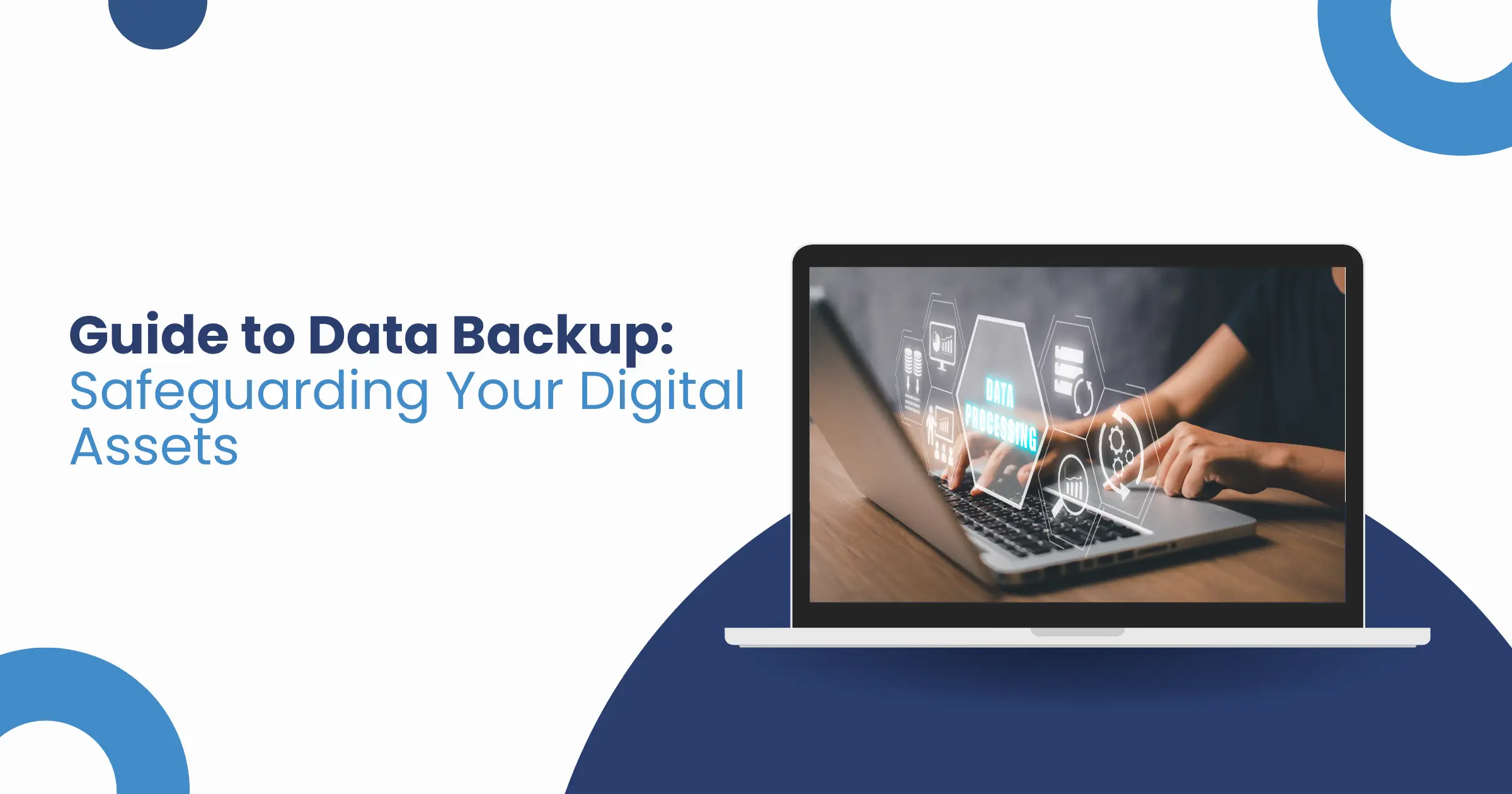
In today’s digital age, data is one of the most valuable assets for both individuals and businesses. From personal photos and important documents to critical business information, the loss of data can be devastating. This is where **data backup solutions** come into play. Ensuring that you have a **secure...